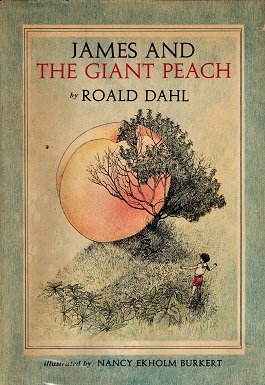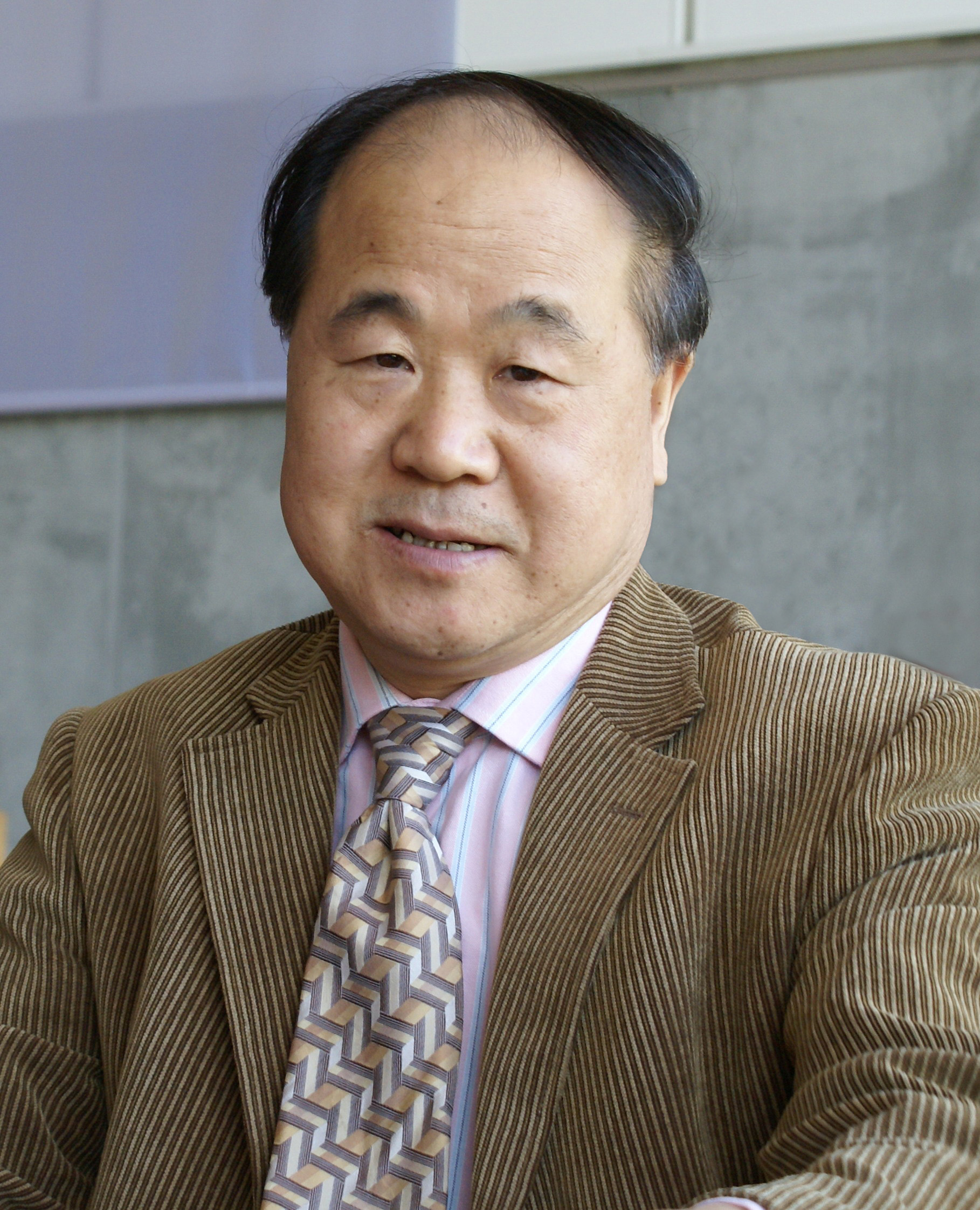Gabriela Mistral
Explore the key milestones in the life and career of Gabriela Mistral, the renowned Chilean poet, educator, and Nobel laureate. This comprehensive timeline highlights her achievements, from her early years and contributions to education and literature, to her recognition on the global stage as the first Latin American to win the Nobel Prize in Literature.
Birth of Gabriela Mistral
Gabriela Mistral, born Lucila de María del Perpetuo Socorro Godoy Alcayaga, was born on April 7, 1889, in Vicuña, Chile. She became one of the most important figures in Latin American literature, known for her groundbreaking poetry, which often explored themes of love, sorrow, nature, and Latin American identity. Mistral's impact was not confined to poetry alone; she was also an influential educator and diplomat, which allowed her to advocate for cultural and humanitarian causes on the international stage.
Recognition with 'Los Sonetos de la Muerte'
Gabriela Mistral gained significant recognition in Chile in 1914 when her work 'Los Sonetos de la Muerte' won a national literary contest, the Juegos Florales. These sonnets, which drew deeply on personal themes of love and loss, resonated widely and marked the beginning of her career as a revered literary figure. The poems' emotional intensity and lyrical beauty highlighted Mistral’s unique voice and earned her a place among the foremost poets of her time.
Publication of 'Desolación'
In 1922, Gabriela Mistral published 'Desolación', her first major collection of poems. This publication marked a pivotal moment in her career as an author, showcasing her talent in portraying themes of grief, nature, and emotional reflection through a Latin American lens. The success of 'Desolación' established her reputation both in Latin America and internationally, further cementing her status as a pioneering figure in Spanish-language poetry.
Mistral's Residency in Mexico
In 1923, Gabriela Mistral traveled to Mexico at the invitation of the Mexican government to assist with educational reform, under the leadership of then Minister of Education, José Vasconcelos. Mistral played a crucial role in educational campaigns, helping to lay the foundation for modern Mexican public education by promoting literacy and developing libraries. Her work in Mexico exemplifies her commitment to education as a form of social justice and her belief in the transformative power of learning.
Mistral Working for the League of Nations
In 1926, Gabriela Mistral worked for the League of Nations, serving on the Committee on Intellectual Cooperation, which was a precursor to UNESCO. Her involvement in this international organization demonstrated her commitment to cultural diplomacy and intellectual exchange. During her time with the League, Mistral promoted Latin American culture and literature, advocating for peace and educational reforms on a global scale. Her role underscored her influence as a global cultural ambassador and her dedication to fostering international understanding and cooperation.
Publication of 'Ternura'
'Ternura', published in 1938, was another significant collection of poems by Gabriela Mistral, focusing on themes of motherhood, love, and compassion. This collection is notable for its exploration of maternal love and childhood, capturing the innocence and purity of children's experiences. Mistral's ability to convey profound and tender emotions through her poetry resonated widely, reaffirming her status as a leading voice in literature. 'Ternura' showcases her lyrical prowess and her dedication to exploring universal human experiences.
Gabriela Mistral Receives Nobel Prize in Literature
Gabriela Mistral was awarded the Nobel Prize in Literature in 1945, becoming the first Latin American author to receive this honor. Her award was attributed to her lyric poetry, which had become a source of inspiration throughout the Spanish-speaking world. The Nobel Prize recognized both the emotional depth and social significance of her work, affirming her contributions to literature and her impact as a cultural ambassador. Her acceptance speech celebrated the strength of Latin American culture and the universality of poetic expression.
Gabriela Mistral Becomes Chile's Consul to Italy
In 1951, Gabriela Mistral was appointed as Chile's consul to Italy. This diplomatic role was significant, as it allowed her to continue her lifelong advocacy for cultural exchange and education on an international level. Her tenure as consul was marked by efforts to strengthen cultural ties between Chile and Italy, showcasing her dedication to both her national identity and the global artistic community. This appointment also highlighted her reputation not only as a poet but as a respected public figure in international diplomacy.
Publication of 'Lagar'
Published in 1954, 'Lagar' was Gabriela Mistral's last major collection of poems. In this collection, Mistral continued to explore deep and sometimes dark themes such as death, faith, and the human condition, reflecting her own personal struggles and philosophical contemplations. The poems exhibit a mature mastery of language and extend her reflections on nature and life, providing readers with profound insights and showing her growth as a poet up until her later years.
Death of Gabriela Mistral
Gabriela Mistral passed away on January 10, 1957, in Hempstead, New York. Her death marked the end of an era in Latin American literature. Mistral left behind a legacy that included not only her powerful and evocative poetry but also her contributions to education and cultural diplomacy. Her work continues to be celebrated and studied for its emotional depth, universal themes, and its role in shaping Latin American identity and literature. Mistral's influence is seen as a beacon for aspiring poets and writers, particularly in the Spanish-speaking world.
Frequently asked questions about Gabriela Mistral
Discover commonly asked questions regarding Gabriela Mistral. If there are any questions we may have overlooked, please let us know.
When did Gabriela Mistral pass away?
Who was Gabriela Mistral?
When and where was Gabriela Mistral born?
What are some major milestones in Gabriela Mistral's career?
Related timelines
More timelines connected to Gabriela Mistral







